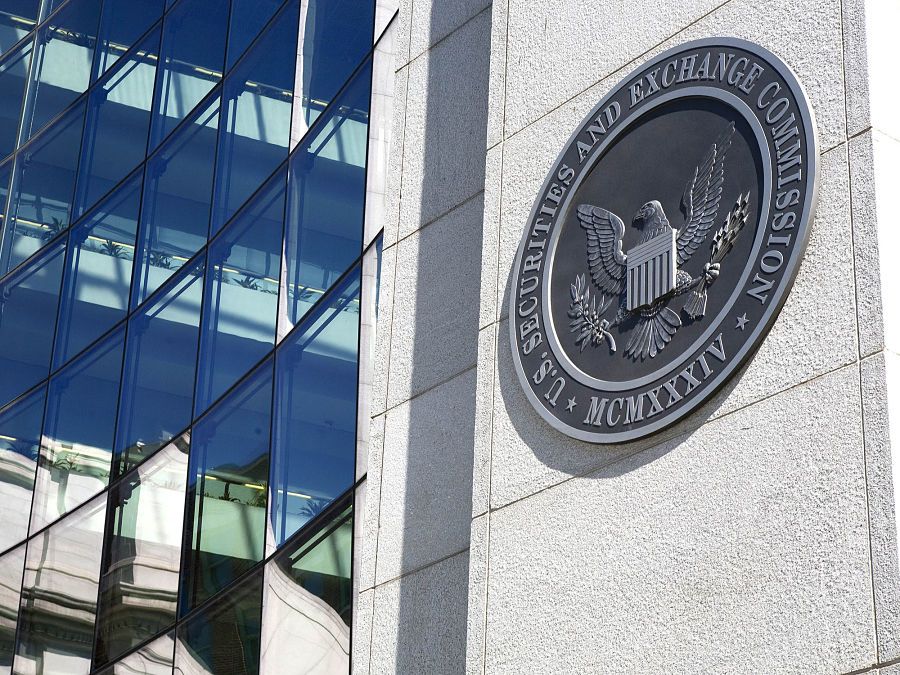An overhauled marketing regulation for investment advisers ranked as their primary concern related to regulatory compliance in a survey released late last week.
The Securities and Exchange Commission approved the new marketing rule in December, and it became effective on May 4, with a compliance deadline of Nov. 4, 2022. The regulation updates an advertising rule that had been in place since 1961 by adding provisions that can apply to social media communications.
Even though advisers don’t have to comply with the rule for more than a year, it ranked as the hottest compliance topic in the 2021 Investment Adviser Compliance Testing Survey released by the Investment Adviser Association on Friday.
The poll, based on responses from compliance professionals at 350 registered investment advisory firms, shows that 58% chose the advertising rule as their top compliance concern, up 33 percentage points from last year. The other areas that rounded out the top five: cybersecurity (53%), climate change/environmental, social, governance (45%), business continuity related to the coronavirus pandemic (17%) and digital asses (17%).
The 430-page marketing rule would allow firms to use testimonials, endorsements and third-party ratings for the first time as long as they comply with anti-fraud protections and other conditions.
“It’s a concern in a positive way in that advisers see [the advertising rule] as an opportunity to expand their marketing efforts, especially through testimonials,” said Jason Ewasko, compliance director at Cipperman Compliance Services. “It’s not just a free-for-all on testimonials. There are certain standards for using them, and firms will have to make sure their compliance procedures and policies address them.”
Cybersecurity came in second on the hot topics list as the SEC has stepped up its guidance surrounding online attacks. Last week, the agency fined eight firms for deficient cybersecurity protections.
Protean cyberthreats are consuming more compliance department attention.
“Cybersecurity is a daily thought process,” said Jennifer Szaro, chief compliance officer at XML Financial Group. “There’s something I’m thinking about each day related to that. The way hackers are trying to get at firms is evolving.”
Investment advisers should be taking the hint that cybersecurity is an SEC priority, Ewasko said. “Most firms should be well on their way to having a cybersecurity program in place.”
The SEC also has been putting a heavy emphasis on climate change and ESG investing. By the end of the year, it is likely to propose rules for disclosures related to climate risk and human resources practices. It also made an examination priority this year of reviewing how advisers promote ESG investing to their clients.
“They’ll want to be sure their ESG claims are well-documented and supported,” Ewasko said. “You can’t just say it. It has to be backed up by practice.”
The Investment Adviser Association conducted the compliance survey with ACA Group and Yuter Compliance Consulting. The IAA said the most encouraging results involved advisers’ response to the coronavirus.
“While the pandemic continues to disrupt businesses, and firms have had to address a host of new concerns and issues related to their risk assessments and compliance programs, the industry by and large appears to be passing the test,” the IAA said in a statement. “No survey respondents reported material compliance violations as a result of the [business continuity planning]/pandemic — evidence of strong compliance programs and effective business continuity plans.”
The post SEC marketing rule causes advisers most compliance concerns appeared first on InvestmentNews.








